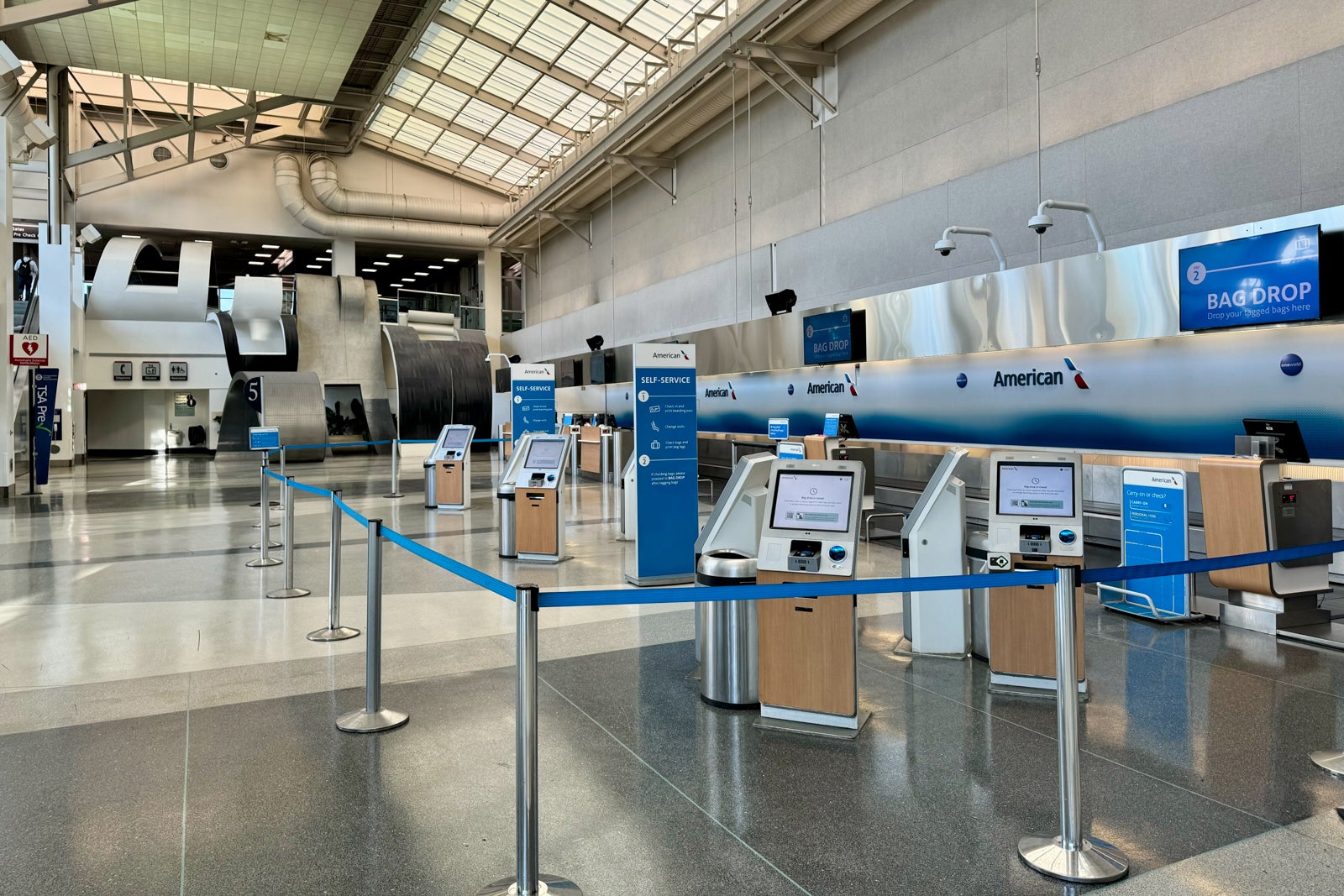Major Us Airlines Challenge Biden-era Dot Wheelchair Accessibility Rule

- Major U.S. airlines are challenging a new Department of Transportation rule that increases penalties for damaged or lost mobility devices.
- The airlines argue that the rule's definition of discrimination is too broad and that some situations, like turbulence damaging a wheelchair, are beyond their control.
A group of major U.S. airlines is looking to overturn part of the Department of Transportation's new rule that increased penalties for damaged or lost mobility devices.
American Airlines, Delta Air Lines, JetBlue Airways, Southwest Airlines and United Airlines joined the lobbying group Airlines for America (A4A) in filing an appeal to the 5th U.S. Circuit Court of Appeals on Tuesday claiming that a section of the rule that defines discrimination – and mandates them to pay certain fees as a result – is overreaching and "unlawful."
Introduced during the Biden administration, the final rule, effective Jan. 16, strengthens protections for travelers using wheelchairs, requiring better training, reimbursement for transport or fare differences and prompt repairs or replacements for mishandled devices. It also put the airlines at fault for damaged devices.
"A rule that makes good on the requirement of safe and importantly dignified air travel for wheelchair users is, I think, much needed," former Transportation Secretary Pete Buttigieg told USA TODAY in a sit-down interview last year. Flying with a wheelchair can be a difficult process for many travelers with disabilities, with an estimated 10,000 to 15,000 mobility devices damaged or destroyed every year, about 1.4% in 2023, according to DOT statistics.
In the final rule, the DOT said it "considers the mishandling of wheelchairs, scooters, and assistive devices, and unsafe, undignified, and untimely wheelchair assistance, to constitute discrimination on the basis of disability."
"Those actions impose burdens on passengers with disabilities that they do not impose on passengers without disabilities. Those actions also deny passengers full and equal access to carriers’ services," the rule continues. The Department of Transportation did not respond to USA TODAY's request for comment.
In the appeal, A4A challenges that some protections should not fall under discrimination, such as the operation of a flight that cannot accommodate a wheelchair in the cabin or cargo. "(The airlines) argued that circumstances beyond the airlines’ control, such as extreme turbulence that damages a properly secured wheelchair in the cargo compartment, are not an act of discrimination for which the Department can impose strict liability," the rule states.
Southwest Airlines, American Airlines, United Airlines and Delta Air Lines deferred to A4A for comment. JetBlue did not respond to USA TODAY's request for comment.
"U.S. airlines are dedicated to providing exceptional customer service and ensuring a safe, inclusive travel experience for passengers with disabilities," an A4A spokesperson told USA TODAY in an email. "A4A and our passenger carriers are continuously engaged with the disability community, the Department of Transportation (DOT) and others to identify and implement solutions to accessibility barriers."
The industry group said it has been "making meaningful progress enhancing services for passengers with disabilities," including the 2022 Passenger Accessibility Commitment. Under this pledge, airlines created a passenger accessibility advisory group, enhanced employee training, improved passenger transfers and the handling of mobility devices, and supported research for onboard accessibility solutions.
This isn't the first time airlines brought the DOT's rule to court. In May 2024, A4A – including American Airlines, Delta Air Lines, United Airlines, JetBlue Airways, Hawaiian Airlines and Alaska Airlines – filed a suit against the DOT over requiring upfront disclosure of airline fees, saying it would confuse consumers and "regulate private business operations."


